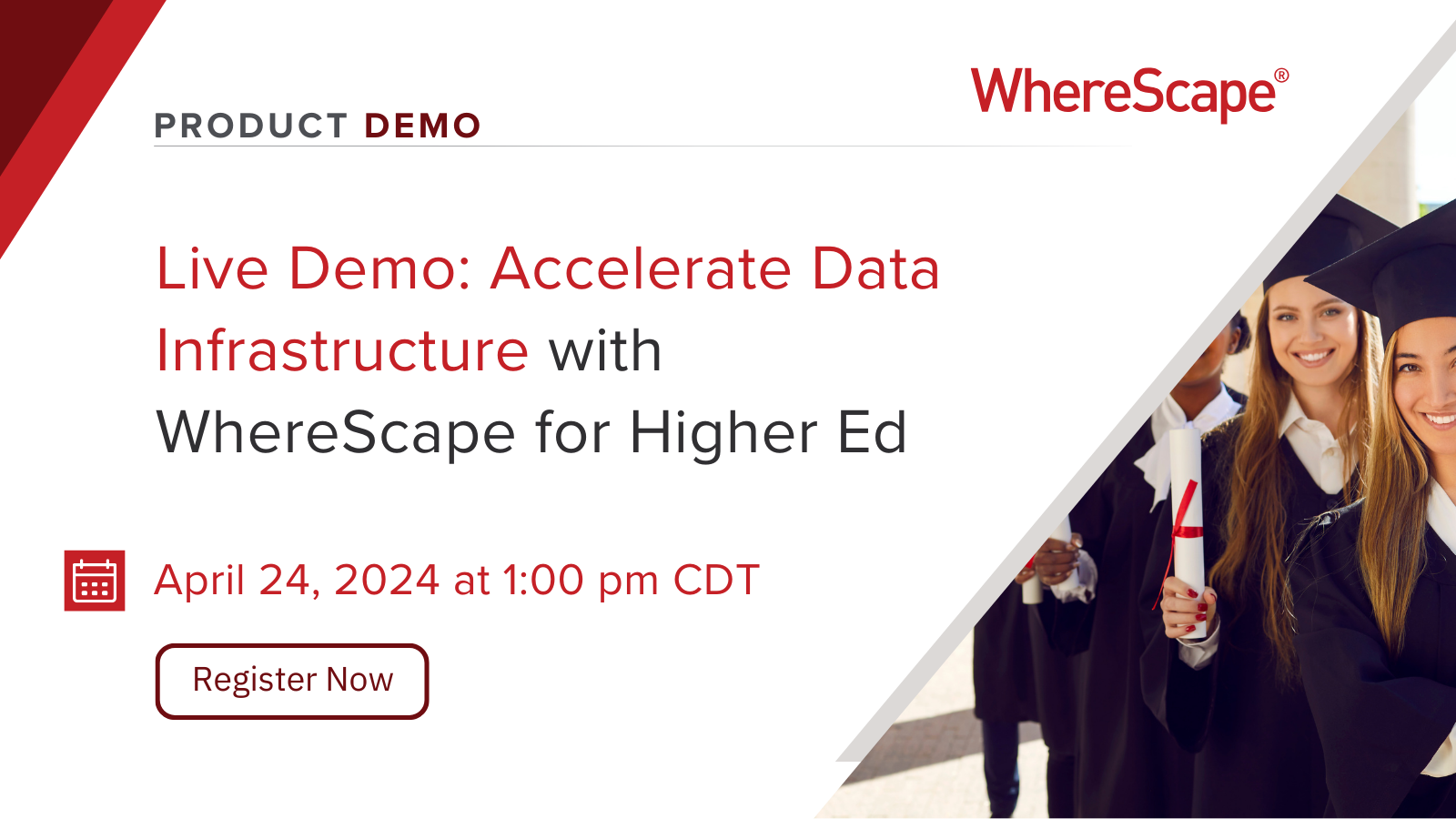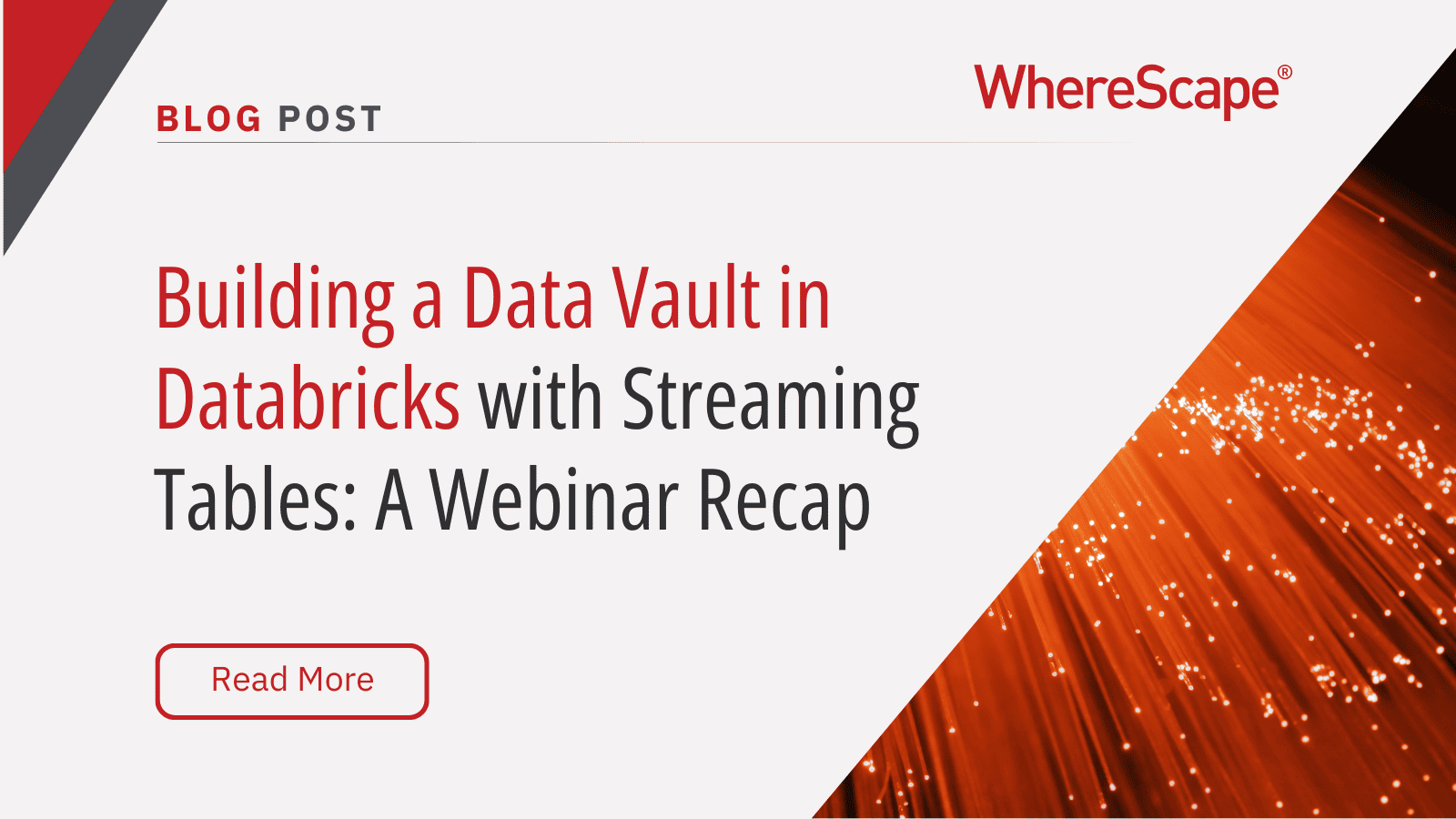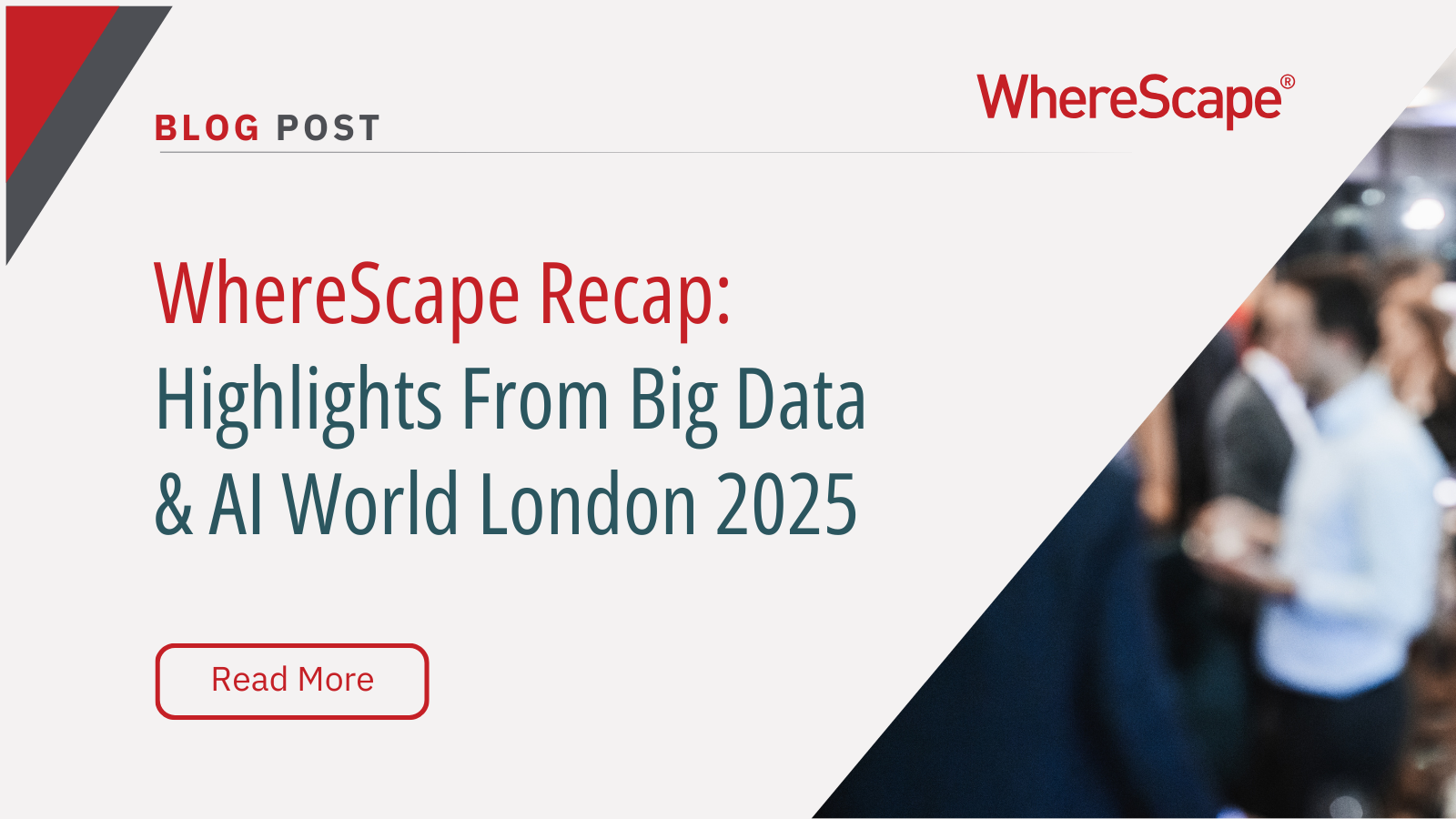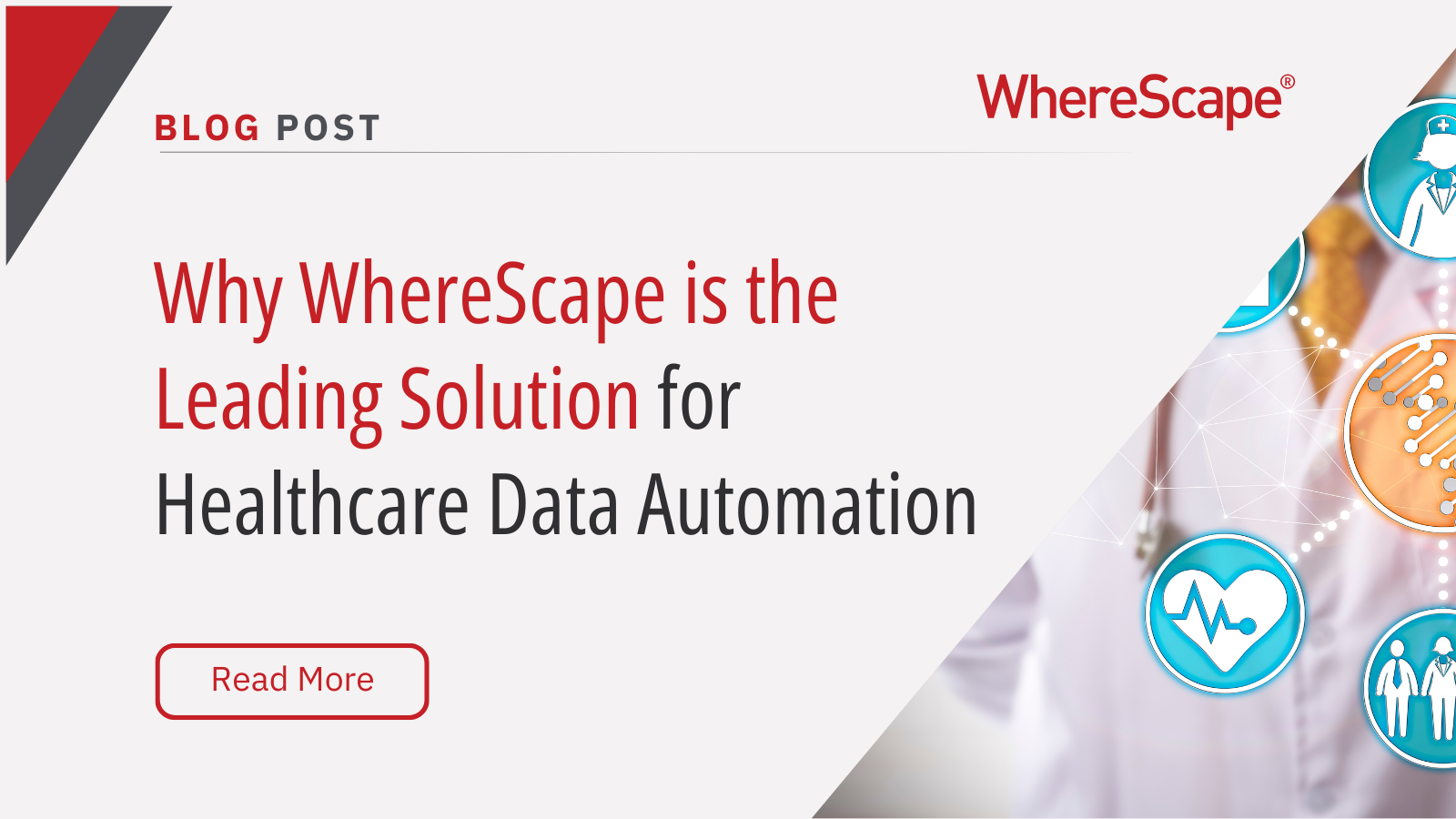Join us for a 60-minute live demo of...
Data + AI Summit 2024: Key Takeaways and Innovations
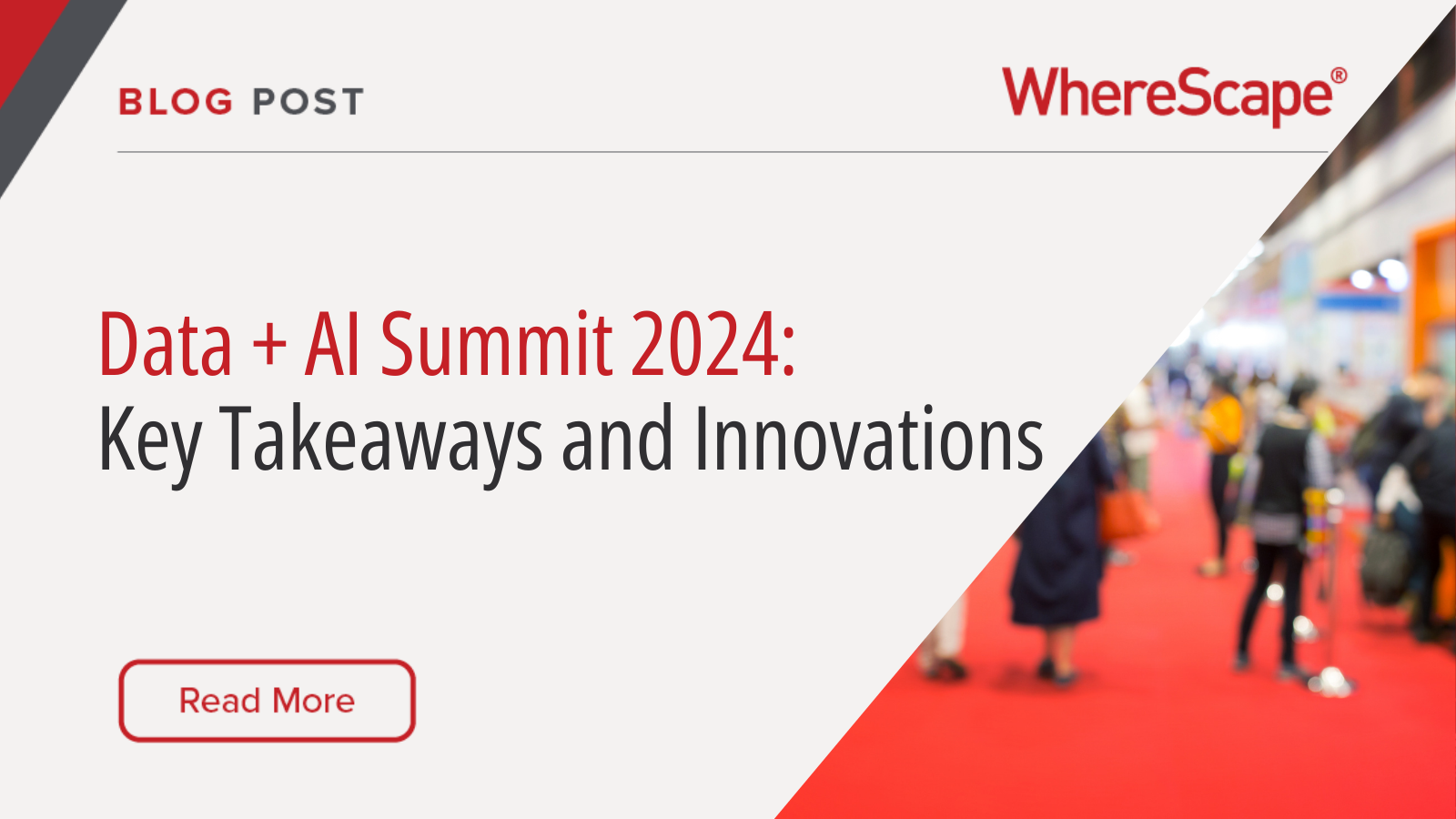
The Data + AI Summit 2024, hosted by Databricks at the bustling Moscone Center in San Francisco, has concluded with remarkable revelations and forward-looking innovations. Drawing over 16,000 attendees in person and virtually connecting over 60,000 participants from 140 countries, this event has solidified its place as a cornerstone in the data and AI landscape.
Here’s a high-level recap of the summit’s most significant announcements and insights.
Keynote Highlights

- Open-Sourcing Unity Catalog: One of the summit’s most groundbreaking announcements was the open-sourcing of Unity Catalog. This strategic move by Databricks aims to democratize data governance, providing a unified standard for managing both structured and unstructured data. With Unity Catalog now open source, organizations can achieve greater transparency and control over their data.
- Integration of Iceberg and Delta Lake: Databricks’ acquisition of Tabular, along with the collaboration with Iceberg creator Ryan Blue, marked a significant step towards unifying Delta Lake and Iceberg formats. This integration facilitates seamless data interoperability, enabling businesses to leverage the strengths of both data formats without compatibility issues.
- Lakehouse Platform Enhancements: The summit unveiled several enhancements to the Lakehouse platform, including:
- Serverless Infrastructure: Automatically scales resources based on workload demands, reducing operational complexity and costs.
- Lakeflow for Pipelines: A robust tool for building and managing data pipelines, connecting various data sources, and automating data workflows.
- Mosaic AI: An AI-driven toolset designed to streamline data preparation, model training, and deployment, enhancing AI workflows’ efficiency.
AI Innovations
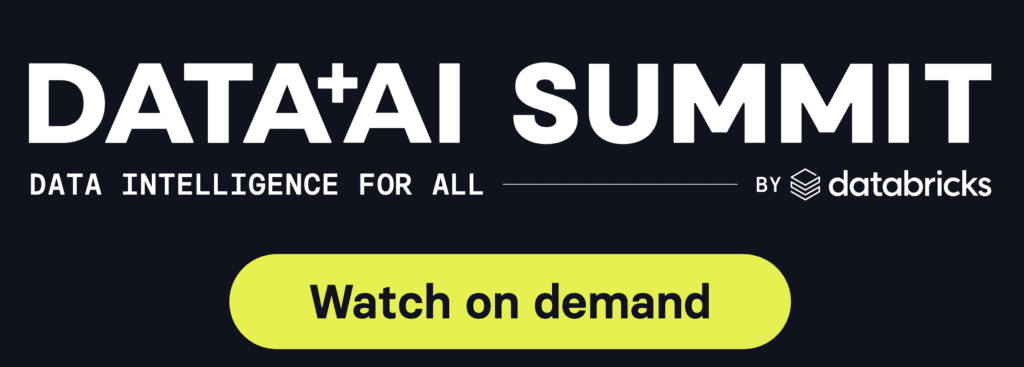
- Generative AI and Small Language Models: Databricks emphasized the growing importance of small language models in the AI landscape. These models, optimized for specific tasks, offer practical AI deployment solutions, balancing accuracy and efficiency without the extensive resource demands of larger models.
- Practical Applications of Generative AI: Generative AI’s integration into data strategies was a central theme, with applications such as:
- Personalized Content Recommendations: Leveraging AI to analyze user behavior and deliver tailored content, boosting engagement and satisfaction.
- Real-Time Data Processing: Utilizing AI for real-time data analysis, enabling faster decision-making and more responsive operations.
- AI-Driven Data Strategies: Generative AI is revolutionizing data strategies by enabling nuanced and sophisticated data analysis. Companies are leveraging AI to enhance data governance, quality, and security protocols, illustrating AI’s transformative impact on data management.
Industry Insights and Trends
- Competitive Dynamics: Databricks vs. Snowflake: The competitive landscape between Databricks and Snowflake was a major discussion point. While Snowflake dominates the mature data warehousing market, Databricks is making significant strides with its AI and data integration capabilities. Both companies are pushing the boundaries of innovation in data management.
- The Role of Data Governance in AI: Effective data governance is crucial for AI initiatives’ success. The open-sourcing of Unity Catalog underscores Databricks’ commitment to robust data governance solutions, ensuring data integrity, security, and compliance.
- Standardizing Data Formats and Simplifying Toolchains: The trend towards standardizing data formats and simplifying complex toolchains is expected to continue. This standardization will enable more scalable and manageable data engineering practices, fostering greater innovation and efficiency.
Notable Speakers and Sessions

The summit featured compelling keynotes from industry leaders:
- Jensen Huang, CEO of NVIDIA: Highlighted the transformative potential of accelerated computing in data processing and analytics.
- Fei-Fei Li, Stanford AI Researcher: Discussed advancements in AI agents and robotics, drawing parallels to the development of advanced vision in living organisms.
- Databricks Co-Founders: Matei Zaharia, Reynold Xin, and Patrick Wendell shared insights into Databricks’ AI strategy and product roadmap, including the introduction of the new agent framework and SDK for building real-time AI agents.
The Future of Data Management and AI
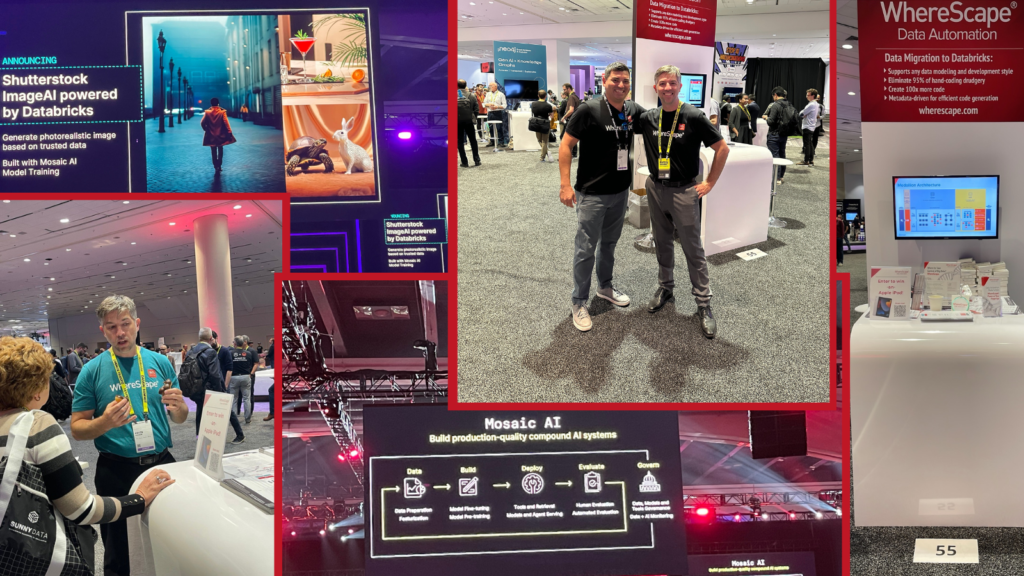
The Data + AI Summit 2024 has showcased rapid advancements and future directions in data management and AI. From the open-sourcing of Unity Catalog to the integration of generative AI, the innovations unveiled at the summit are poised to transform how organizations manage and leverage their data. As Databricks and its partners continue to push the envelope, the future of data management looks brighter than ever.
At WhereScape, we are inspired by these advancements and are committed to integrating these innovations into our solutions. The insights gained from the summit will guide us in empowering our clients to harness the full potential of their data, ensuring they stay ahead in an increasingly competitive market.
Ready to see how WhereScape can transform your data management strategy? Book a demo with WhereScape today and discover how our cutting-edge solutions can help you stay ahead in the data-driven world.
Automating Data Vault in Databricks | WhereScape Recap
Automating Data Vault in Databricks can reduce time-to-value by up to 70%—and that’s why we hosted a recent WhereScape webinar to show exactly how. At WhereScape, modern data teams shouldn't have to choose between agility and governance. That's why we hosted a live...
WhereScape Recap: Highlights From Big Data & AI World London 2025
Big Data & AI World London 2025 brought together thousands of data and AI professionals at ExCeL London—and WhereScape was right in the middle of the action. With automation taking center stage across the industry, it was no surprise that our booth and sessions...
Why WhereScape is the Leading Solution for Healthcare Data Automation
Optimizing Healthcare Data Management with Automation Healthcare organizations manage vast amounts of medical data across EHR systems, billing platforms, clinical research, and operational analytics. However, healthcare data integration remains a challenge due to...
WhereScape Q&A: Your Top Questions Answered on Data Vault and Databricks
During our latest WhereScape webinar, attendees had fantastic questions about Data Vault 2.0, Databricks, and metadata automation. We’ve compiled the best questions and answers to help you understand how WhereScape streamlines data modeling, automation, and...
What is Data Fabric? A Smarter Way for Data Management
As of 2023, the global data fabric market was valued at $2.29 billion and is projected to grow to $12.91 billion by 2032, reflecting the critical role and rapid adoption of data fabric solutions in modern data management. The integration of data fabric solutions...
Want Better AI Data Management? Data Automation is the Answer
Understanding the AI Landscape Imagine losing 6% of your annual revenue—simply due to poor data quality. A recent survey found that underperforming AI models, built using low-quality or inaccurate data, cost companies an average of $406 million annually. Artificial...
RED 10: The ‘Git Friendly’ Revolution for CI/CD in Data Warehousing
For years, WhereScape RED has been the engine that powers rapidly built and high performance data warehouses. And while RED 10 has quietly empowered organizations since its launch in 2023, our latest 10.4 release is a game changer. We have dubbed this landmark update...
The Assembly Line for Your Data: How Automation Transforms Data Projects
Imagine an old-fashioned assembly line. Workers pass components down the line, each adding their own piece. It’s repetitive, prone to errors, and can grind to a halt if one person falls behind. Now, picture the modern version—robots assembling products with speed,...
The Role of Clean Data in AI Success: Avoiding “Garbage In, Garbage Out”
Co-authored by infoVia and WhereScape Artificial Intelligence (AI) is transforming industries across the globe, enabling organizations to uncover insights, automate processes, and make smarter decisions. However, one universal truth remains: the effectiveness of any...
What is a Cloud Data Warehouse?
As organizations increasingly turn to data-driven decision-making, the demand for cloud data warehouses continues to rise. The cloud data warehouse market is projected to grow significantly, reaching $10.42 billion by 2026 with a compound annual growth rate (CAGR) of...
Related Content
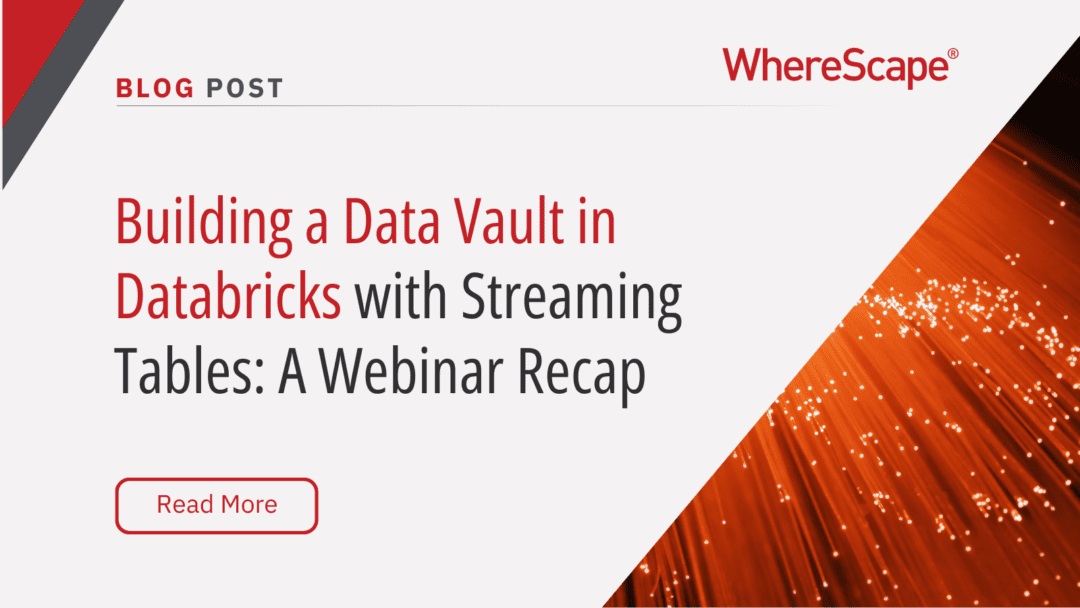
Automating Data Vault in Databricks | WhereScape Recap
Automating Data Vault in Databricks can reduce time-to-value by up to 70%—and that’s why we hosted a recent WhereScape webinar to show exactly how. At WhereScape, modern data teams shouldn't have to choose between agility and governance. That's why we hosted a live...
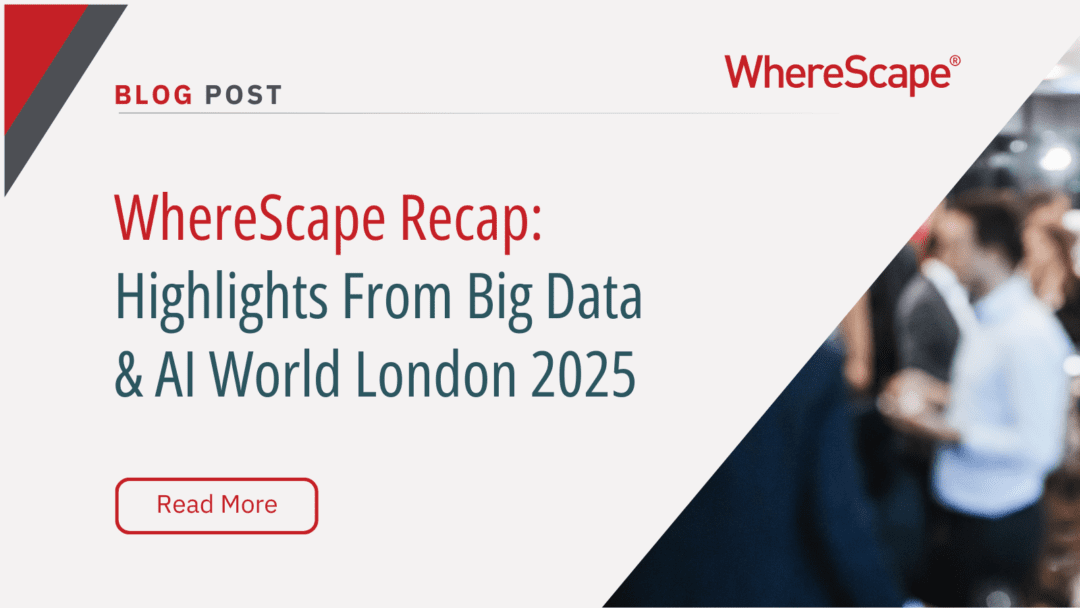
WhereScape Recap: Highlights From Big Data & AI World London 2025
Big Data & AI World London 2025 brought together thousands of data and AI professionals at ExCeL London—and WhereScape was right in the middle of the action. With automation taking center stage across the industry, it was no surprise that our booth and sessions...
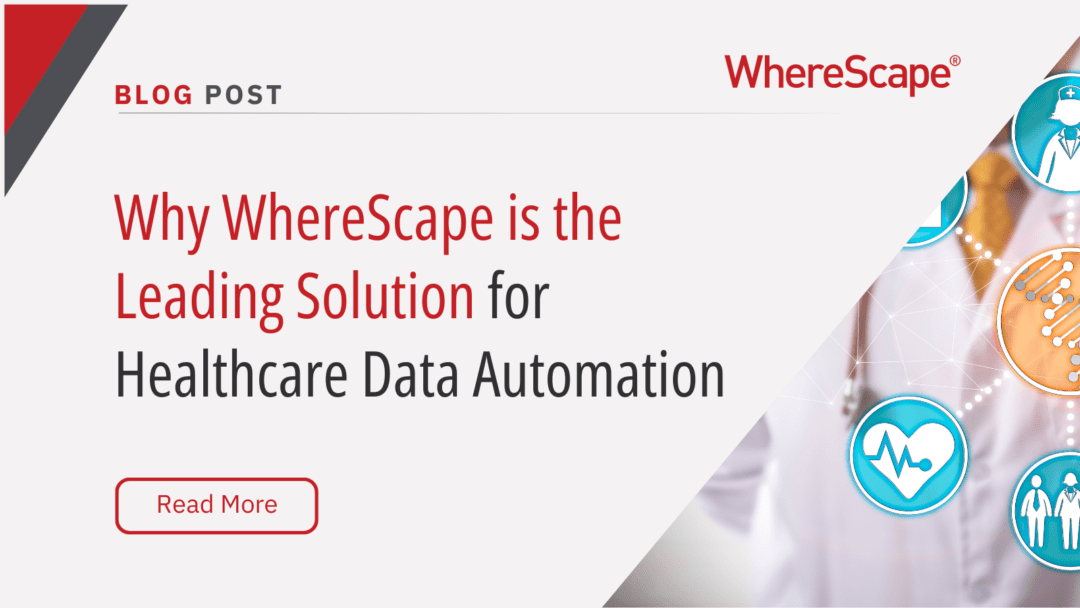
Why WhereScape is the Leading Solution for Healthcare Data Automation
Optimizing Healthcare Data Management with Automation Healthcare organizations manage vast amounts of medical data across EHR systems, billing platforms, clinical research, and operational analytics. However, healthcare data integration remains a challenge due to...
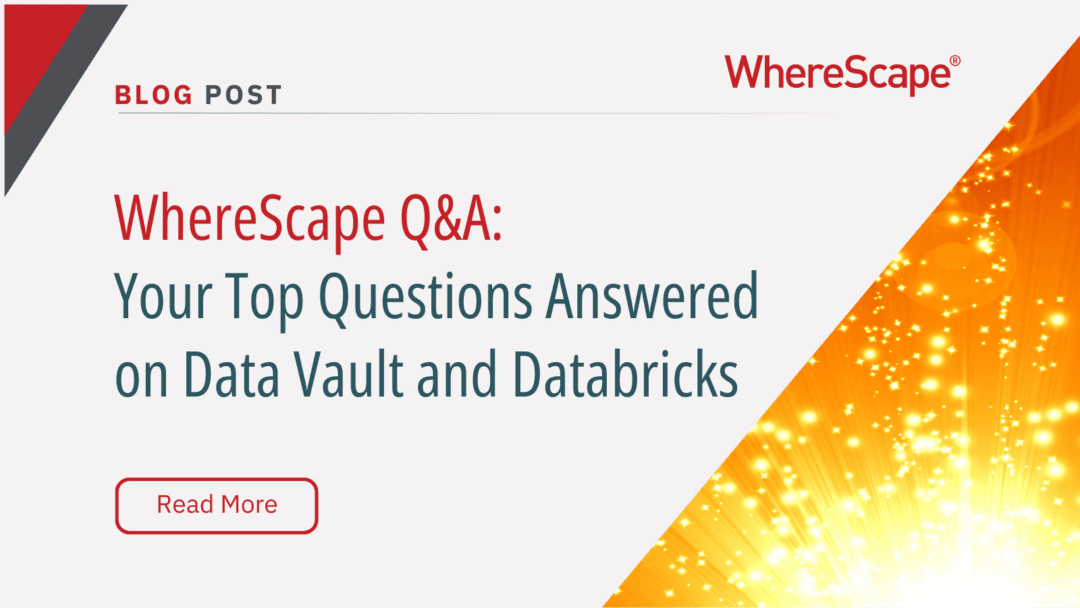
WhereScape Q&A: Your Top Questions Answered on Data Vault and Databricks
During our latest WhereScape webinar, attendees had fantastic questions about Data Vault 2.0, Databricks, and metadata automation. We’ve compiled the best questions and answers to help you understand how WhereScape streamlines data modeling, automation, and...

